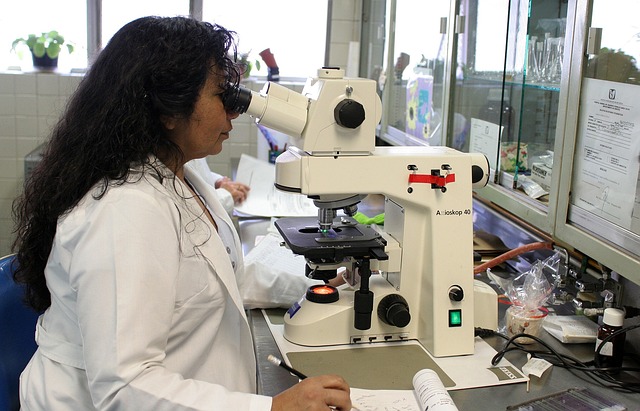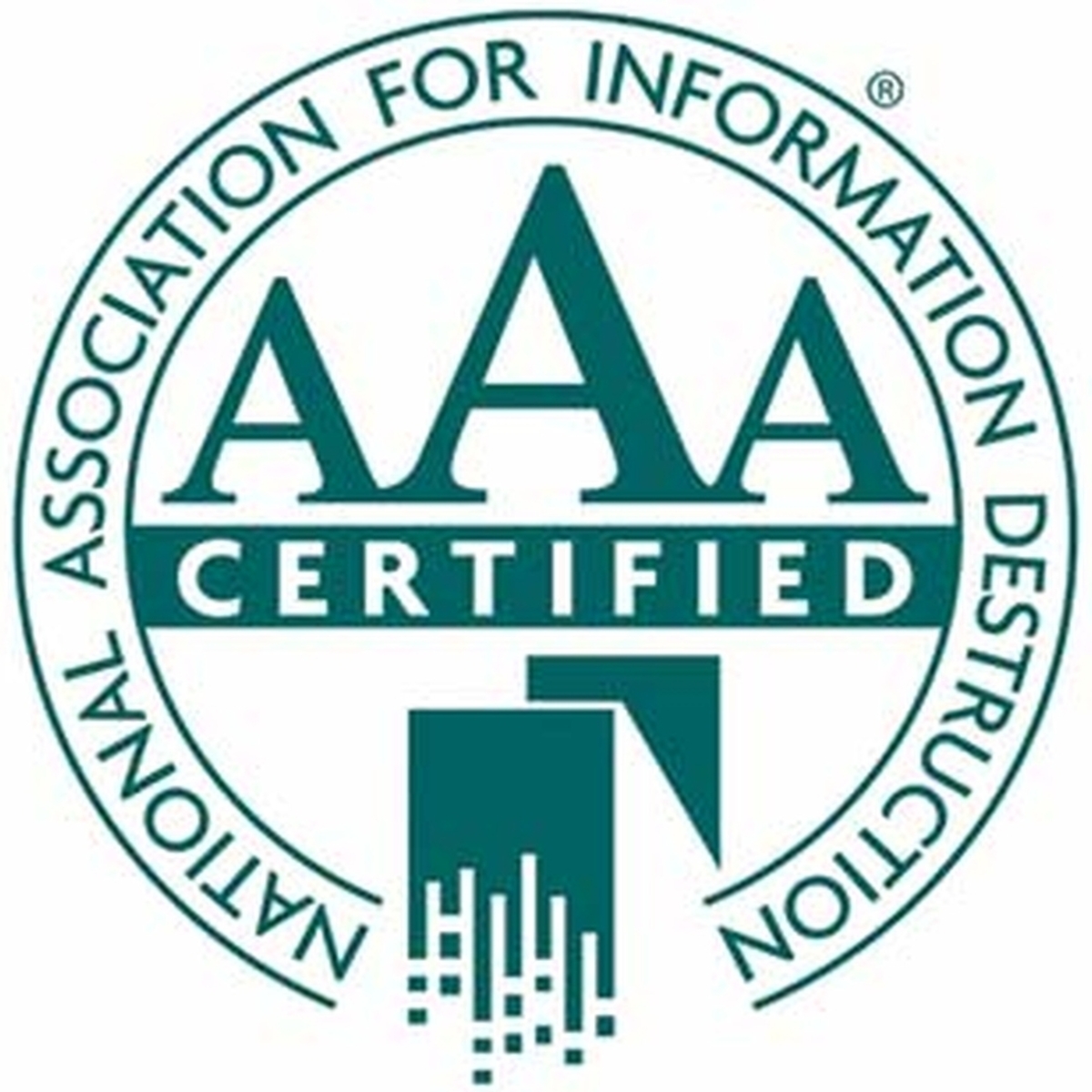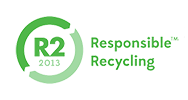

In the dynamic fields of laboratories, pharmacies, research departments and testing facilities, staying up-to-date with technology and equipment is crucial for ensuring accurate and efficient operations. As a result, the need to dispose of old or obsolete equipment arises. Proper disposal is not only essential for maintaining a clutter-free workspace but also for environmental sustainability.
Whether you have a rooms full of obsolete equipment at one location or a few pieces at multiple locations, below is a guide to responsibly dispose of devices:
1. Assessment of Equipment: Before initiating the disposal process, conduct a thorough assessment of the equipment. Are you looking to dispose of it, or do you want to resell it? Reselling your devices requires you to clean it of all data and identifying labels and tags, package it with all accessories and documentation, take photos and have a thorough description of the device. You’ll need to ship it and a process to receive the funds from the sale.
If you are only looking to dispose of it gather all of your obsolete devices in a secure location. This would include:
- Devices with a plug or battery
- Cords, cables, and power supplies
- Accessories
- Racks, clamps, shelves, carts, and storage containers
- Computers, tablets, cell phones, tape drives, and hard drives
- Monitors
- Networking equipment
- Phone systems
- Scales and calibration equipment
2. Recycling Services: Engage with specialized recycling services that handle laboratory and pharmacy equipment. Look for certified recycling facilities that adhere to environmental regulations. Recycling ensures that valuable materials are recovered, reducing the environmental impact of disposal.
3. Data Security: For equipment that stores sensitive data, ensure that your recycler does proper data destruction before disposal or resale. Only use vendors who physically destroy data-containing components to protect confidential information if you want to be 100% positive that data from your devices won’t be exposed.
4. Regulatory Compliance: Stay informed about local, state, and federal regulations regarding the disposal of laboratory and pharmacy equipment. Compliance with these regulations is crucial to avoid legal issues and to uphold environmental responsibilities. This may include destruction and recycling reports by serial number.
Back Thru The Future is a fully licensed and certified facility. As a NAID AAA and R2 facility, we are continuously audited for environmental responsibility, data security, process improvement, and the health and welfare of our employees.


Why use a NAID AAA recycler?
NAID is the standards-setting body for the information destruction industry. NAID AAA Certification verifies the qualifications of certified information destruction providers through a comprehensive scheduled and unannounced audit program. This rigorous process supports the needs of organizations around the world by helping them meet numerous laws and regulations requiring the protection of confidential customer information.
New Jersey requires NAID AAA Certification for on-site destruction of hard drives
NAID AAA certification:
- Verifies service provider compliance with all data protection regulations, fulfilling the client’s legal responsibility to do so
- Qualifies as the service provider Risk Assessment as required under the HIPAA Security Rule
- Qualifies as the required vendor selection due diligence required by all data protection regulations
What is the R2-V3 Certification?
R2 is the most widely adopted standard for used electronics. The latest version, R2-V3, continues to set the standard for electronics reuse and recycling worldwide.
Many vendors make claims of doing the right things with your used electronics. They want you to trust them, but without verification, why would you take a risk that your electronics might end up as e-waste in an electronics graveyard half-way around the world? Or that workers are using unsafe techniques to recover precious metals. Working with an R2 Certified facility gives you the confidence to know that you will be recycling your electronics responsibly.
